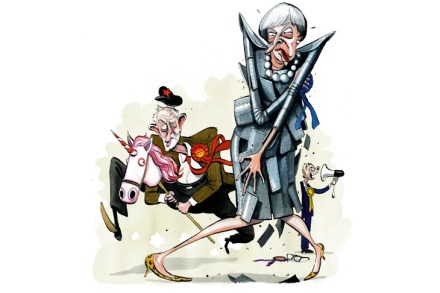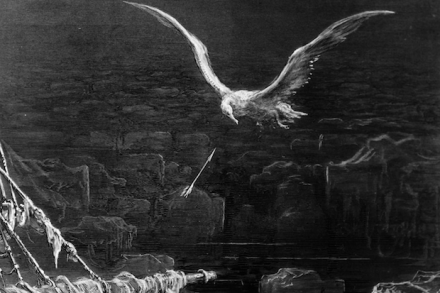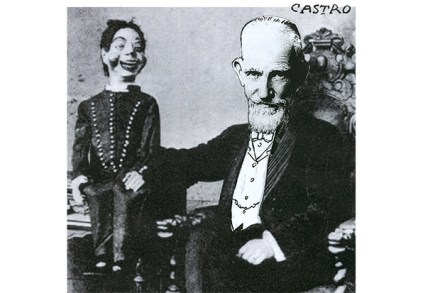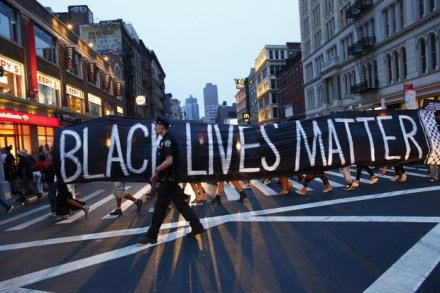The Spectator Podcast: General shambles
On this week’s episode we look ahead to the General Election, now just days away, and ask whether Theresa May might conceivably have blown her chances, or if Jeremy Corbyn as Prime Minister is still as unlikely as ever. And, for some light relief, we also be consider the role that handwriting plays in our digital society. First, the British public will be heading to the polls in just a week’s time, so we took a moment to reflect on the campaign so far. In his cover piece this week, James Forsyth decries the state of this election, saying that it has left Theresa May, particularly, in a weakened state. James joins





















